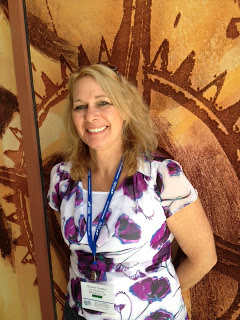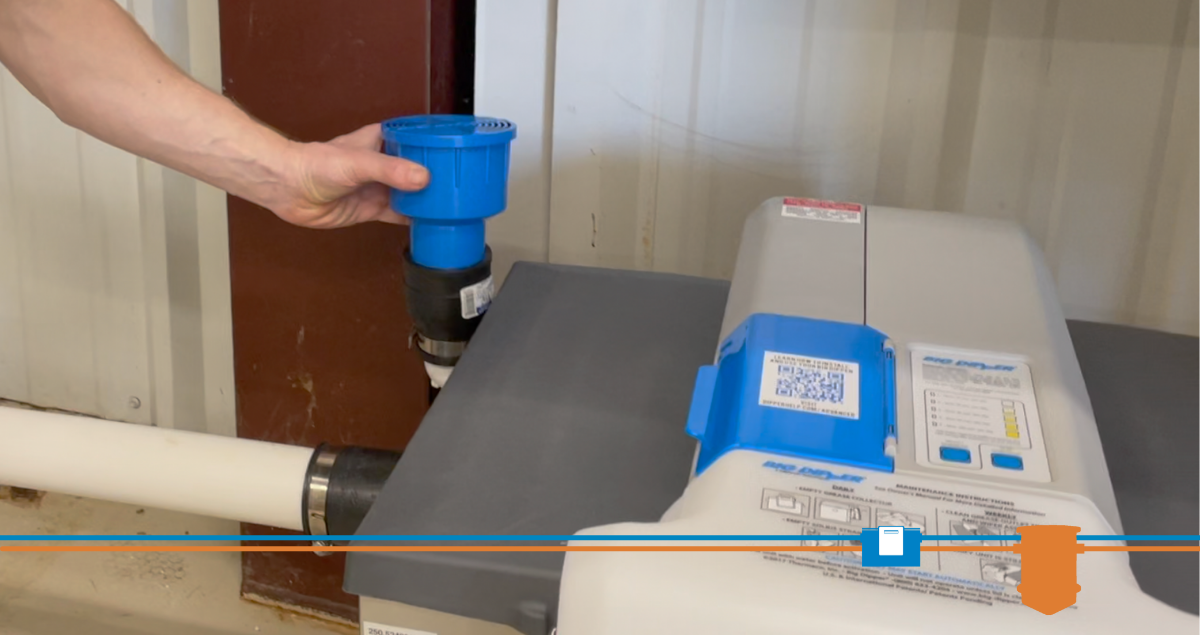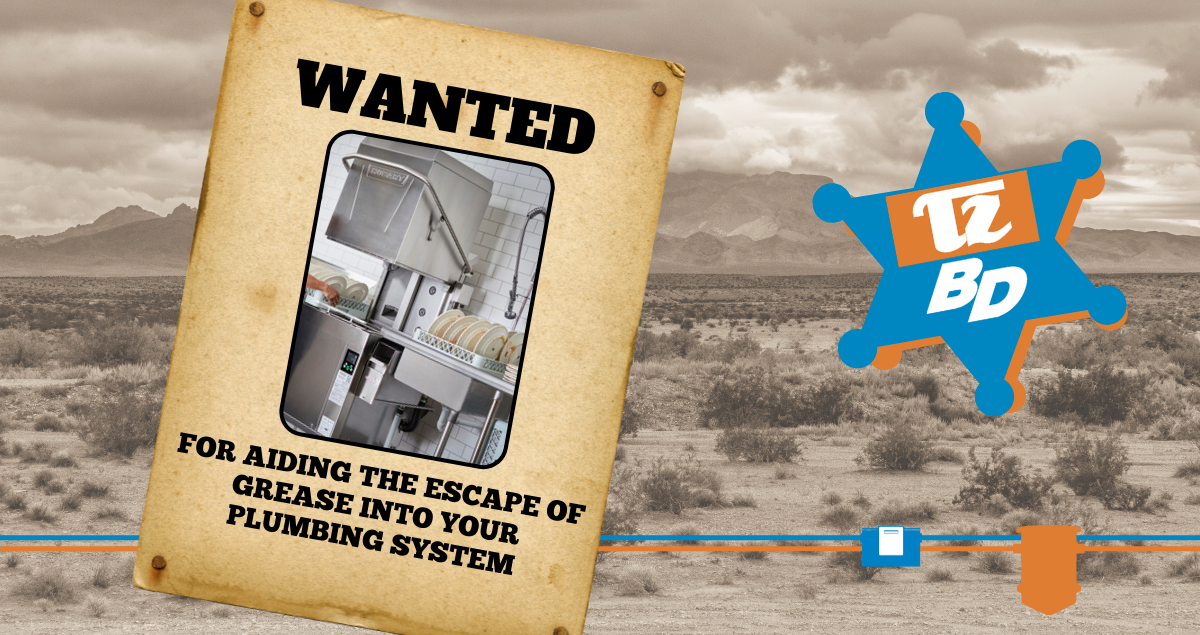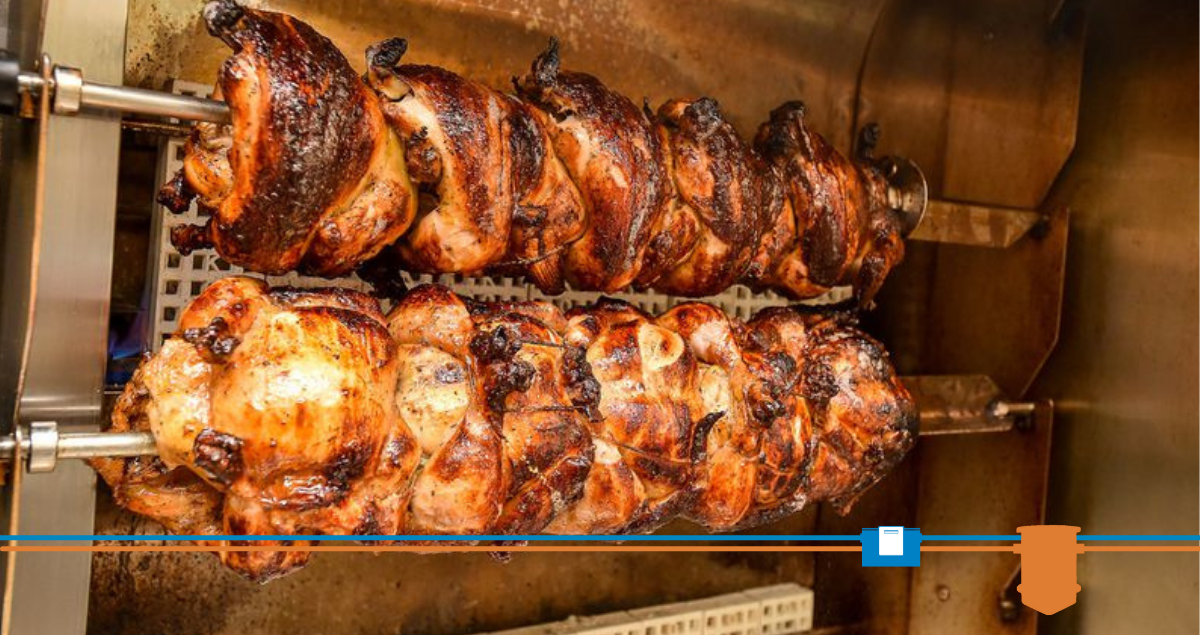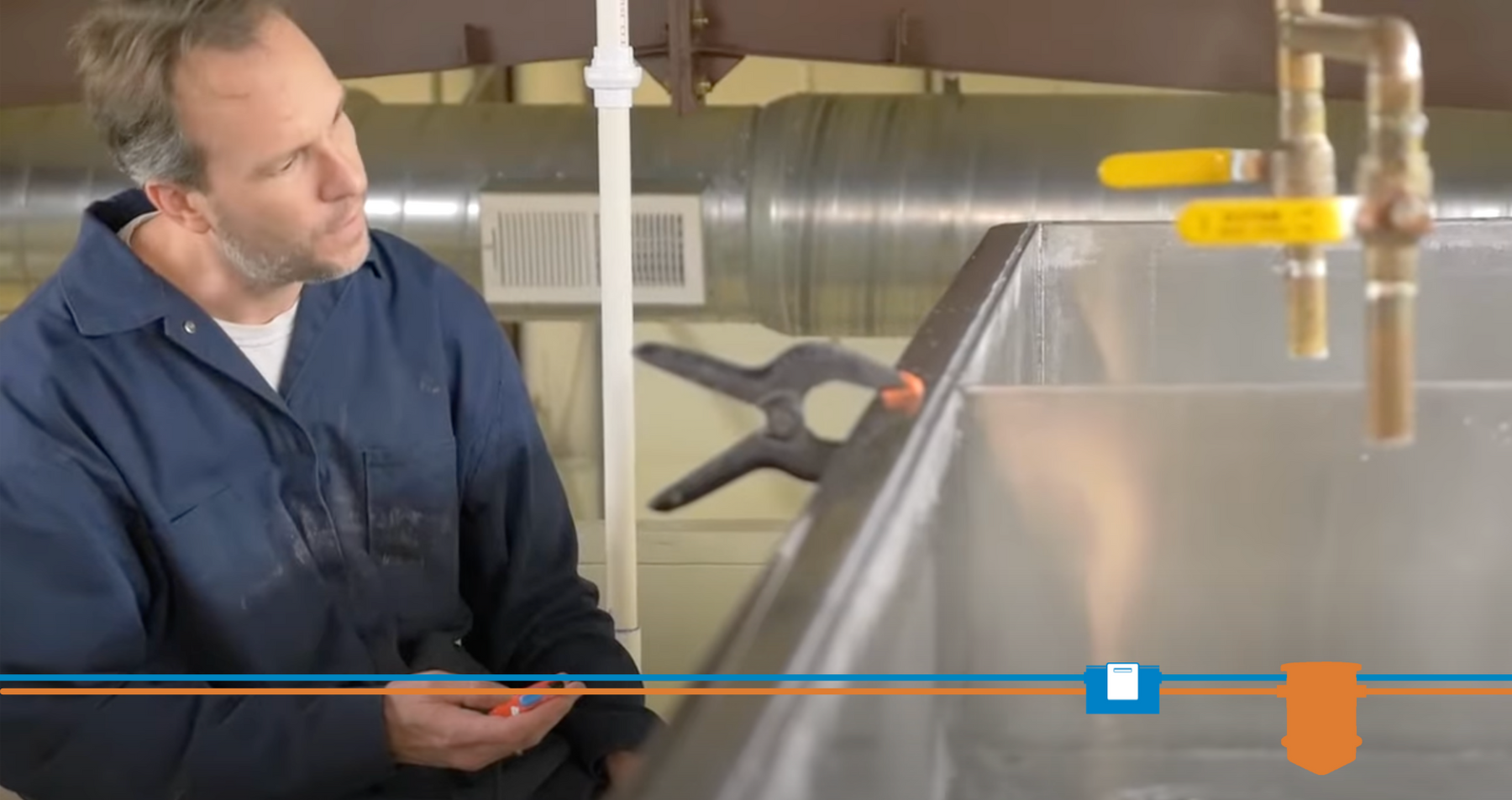Childhood Memories Inspire FOG Program Pioneer
- Aug 9, 2012
When Michelle Aumiller (pictured right) was a kid growing up in Oklahoma, she loved jumping in mud puddles.
Today, though, in her role as a municipal Industrial Waste Monitor, she knows that sanitary sewer overflows can turn a child’s mud puddle into a serious health hazard.
“By protecting our sewer lines and waste treatment plants from FOG (fats, oil and grease) and other contaminants,” Aumiller says, “we keep waste water from contaminating the environment and mud puddles – for our children and grandchildren.”
Six years ago, when Aumiller took on the position of Industrial Waste Monitor for Midwest City, Oklahoma, the municipality was experiencing serious problems with Sanitary Sewer Overflows (SSO).
“The city was under a Consent Order by the state Department of Environmental Quality and was facing large fines for the overflows,” according to Aumiller. “The first thing I did was write a letter that the sewer line crew distributed to homes, restaurants and businesses -- explaining the problem that we were having with FOG and other clogging materials and providing information on best practices to help solve the problem.”
In addition, Aumiller immediately began conducting restaurant grease trap inspections, which she remembers clearly: “The first restaurant had a very old 500-gallon concrete interceptor that was cracked, broken and leaking – not functioning at all,” she says. “We ran a camera down the line and found that the clean-out was totally clogged with grease.” Aumiller ordered that the trap be replaced.
“The second inspection that day was a Mexican restaurant with a small in-floor grease trap,” Aumiller recalls. “There was a language barrier -- and a couple of inches of water on the kitchen floor. When we finally got our point across – that the trap was to be inspected -- an employee used a kitchen spoon to pry open the trap. It was completely full of grease. Everything was going directly into our main. A manhole located down the line from the restaurant was overflowing into a natural area, resulting in a pond of greasy water. It was a mess – our crew had to clear the line and sanitize the contaminated area.”
For that situation, Aumiller ordered that an in-ground interceptor be installed. Overall, the city’s sewer blockage rate peaked at 300 that year. To remedy such environmental hazards, Aumiller and her crew jumped into action. She focused her efforts on visiting each of the city’s nearly 200 restaurants, then expanding the inspections to include day-care centers and schools. In the months that followed, Aumiller ordered 14 schools to install grease traps.
It didn’t take Aumiller long to discover another problem in the city’s FOG program – one or more of the pumping truck drivers that serviced the city’s grease interceptors were secretly dumping their cargo back into the sewer system. When efforts to identify and catch the rogue haulers proved unsuccessful, Aumiller imposed a directive requiring inspection and certification for every grease-trap pumper working within Midwest City. Certified pumper trucks were provided with large reflective stickers that identified them as meeting safety standards. The watchful eyes of local police officers, and others who supported Aumiller’s clean-up efforts, quickly made it impossible for non-certified pumpers to operate in the city.
“If a pumping truck without our sticker was spotted parked at a car wash, for example – we would get a call right away,” Aumiller relates. “We had lots of folks on the lookout for pump trucks operating without the sticker.”
A local plumbing supplier and friend confided to Aumiller, “Did you know that you were the most hated person in Midwest City at that time?” But in her pioneering effort to develop an effective FOG program, Aumiller had to be tough. Gradually, positive results began to show.
By 2009, the city’s SSO rate had dropped by 70%, with the city saving thousands of dollars from the reduction in fines, as well as reduced costs of pump replacement at the waste water treatment plant.
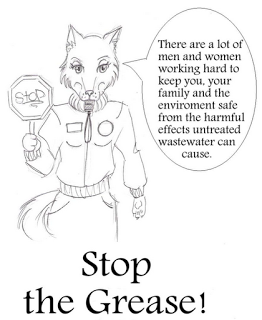 Leaving no stone unturned, Aumiller expanded her efforts to rid the city’s sewers of FOG and other hazardous materials with an educational campaign, reaching out to area children. She initiated a children’s FOG education program complete with a display in the local public library and a coloringbook that instructed children to remind their parents of best practices for managing the disposal of household kitchen grease. The children’s FOG educational campaign continues to this day.
Leaving no stone unturned, Aumiller expanded her efforts to rid the city’s sewers of FOG and other hazardous materials with an educational campaign, reaching out to area children. She initiated a children’s FOG education program complete with a display in the local public library and a coloringbook that instructed children to remind their parents of best practices for managing the disposal of household kitchen grease. The children’s FOG educational campaign continues to this day.
As she begins her 6th year at the helm of Midwest City’s Pretreatment Program, Aumiller says that she has just a couple of “problem children” (restaurants and FOG producers). The rest finally realized that she was not there just to enforce safe grease disposal standards – but to help them solve problems and learn best practices that could actually save them money. “In every inspection, I explain why it is important to use best practices – to me, that’s really important,” she points out.
Looking back on her success story, Aumiller promptly credits her line crew and colleagues in several departments in the city. “It hasn’t been easy,” she says, “but you’ve got to believe in what you are doing – for the right reason – such as that child playing in a mud puddle!”
Owen George
Owen George is a contributing author for Thermaco, Inc. and the founder of Owen George Global Strategies, Inc.
Born in Iowa, Michelle Aumiller grew up as an “Air Force Brat” between Air Force bases and rural Iowa. For six years she has served as Industrial Waste Monitor for Midwest City, Oklahoma. Previously, sheworked for Veolia as Wastewater Administrator in Moore, Oklahoma.
Michelle and her husband have a daughter and a grandchild. She loves driving her Camaro across the plains of Oklahoma.

